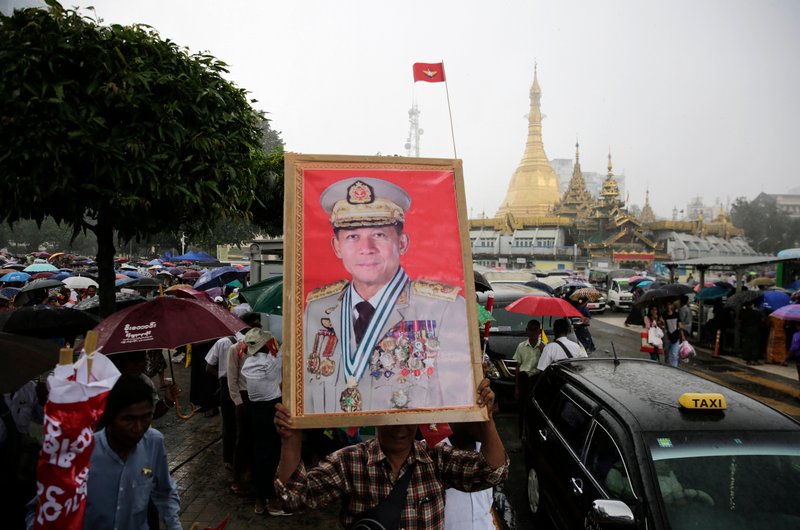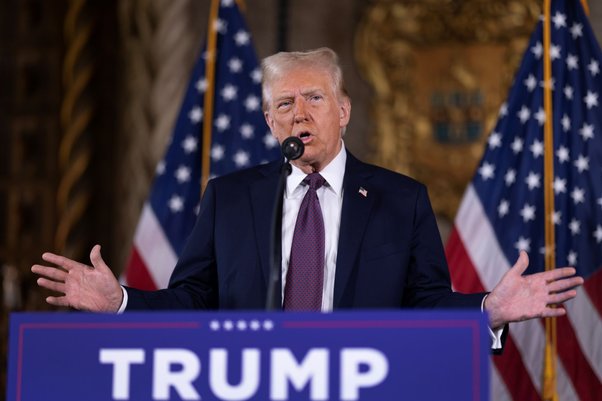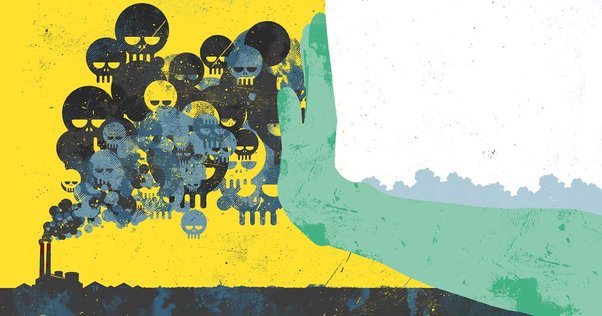In what’s become something of a festive tradition over the past few years, the US Treasury Department has released new designations of individuals and entities sanctioned under the Global Magnitsky Act – essentially a Santa’s list of the corrupt and serious human rights abusers.
The Global Magnitsky Human Rights Accountability Act (known as the Global Magnitsky Act for short) allows the US government to sanction perpetrators of serious human rights abuses and corruption outside of the country, denying them visas and freezing their US-based property and interests in property.
Those targeted by the act since it was enacted in 2016 include 17 individuals involved in the murder of Saudi journalist Jamal Khashoggi; and billionaire Israeli mining magnate Dan Gertler – a notorious middleman in the Democratic Republic of Congo linked to numerous bribery scandals (though he has consistently denied any wrongdoing).
In December 2019 they were joined by a few individuals who are of particular interest to us:
Try Pheap and Kun Kim – Cambodia
The former a timber tycoon and the latter a general, Try Pheap and Kun Kim are both close associates of Cambodia’s autocratic Prime Minister Hun Sen, and have been linked to serious human rights and environmental abuses under existing OFAC guidance.
Try Pheap was the subject of our report last year laying out the case for targeted sanctions. He was found to be at the helm of a multi-million dollar timber smuggling operation, destroying the country’s forests and the lives of those who depend on them. He has also funded the Cambodian military, which has perpetrated a systemic campaign of land seizures and mass displacement throughout the country.
We have also documented Kun Kim’s association with a Malaysian logging company which engaged in persistent illegal logging. The general has been described by Human Rights Watch as a “notorious human rights abuser”, with allegations stretching back to his membership of the Khmer Rouge regime in the 1970s.
Global Witness has been investigating the links between illegal logging and human rights abuses in Cambodia since we were founded, so it’s encouraging to see action being taken against those involved in these activities.
Min Aung Hlaing – Myanmar

Commander-in-chief of Myanmar’s armed forces, Senior General Min Aung Hlaing is alleged, along with three other military leaders, to have overseen atrocities committed by the military against the country’s Rohingya Muslims as well as serious abuses against other ethnic groups.
While the use of targeted economic sanctions against prominent members of the military is a welcome development and sends a critical signal that grave abuses have consequences, the US should – as we’ve advocated – expand the sanctions to include the two prominent companies controlled by the military: Myanmar Economic Corporation and Myanmar Economic Holding Limited. A recent United Nations-authorized report exposed how the Myanmar military uses its control of ‘military companies’ to fund itself and maintain its power, generating revenue that supports its ability to operate outside civilian authority.
Why Global Magnitsky matters
The use of targeted sanctions is of course only part of the anti-corruption puzzle, but they are an important tool in our arsenal. Sanctions make it more difficult for corrupt individuals to launder their ill-gotten gains in the US, or continue to do business in US dollars, the most common global currency. It is a successful example of concrete action being taken against the corrupt and the worst human rights abusers, hitting them where it hurts the most – in their pocket. The inconvenience of being denied entry to the US is also a significant penalty, as is the considerable stigma that comes with being sanctioned.
By targeting individuals rather than entire countries or sectors, the Magnitsky Act avoids broad-based sanctions that can affect vulnerable populations. It also means that malicious individuals and networks can be sanctioned despite broader foreign policy priorities which could otherwise prevent effective actions – for instance, the 2017 and 2018 Global Magnitsky sanctions listed above involved Saudi and Israeli nationals, countries which are strategic allies of the US and thus unlikely to be the subject of broader financial sanctions.
Global Magnitsky crosses the Atlantic
In a recent piece of good news, EU foreign ministers reached a political agreement to bring forward legislation to sanction human rights abuses. If passed, this would send a strong message to those who may commit or be complicit in abuses that the financial centres and currencies of the world’s two largest economies are off limits.
We hope that the EU legislation passes quickly and that it will be strong enough to act as an effective deterrent. It’s disappointing that the proposal only applies to human rights abuses and doesn’t cover corruption, like the US Magnitsky Act does. Hopefully, when the legislation takes shape in the new year, the positive example set by the US Act will encourage the EU to go further than their current proposals.
Then, we will be one step closer to a world where there is no safe haven for the corrupt and those who disregard fundamental human rights.


